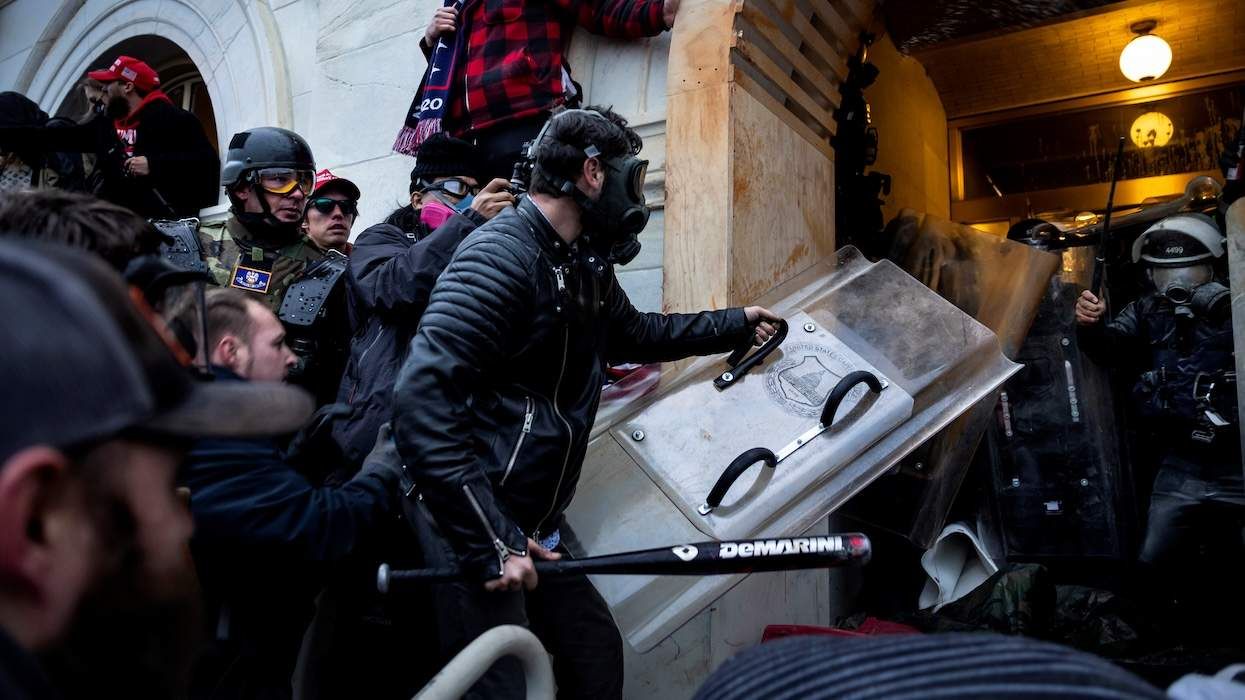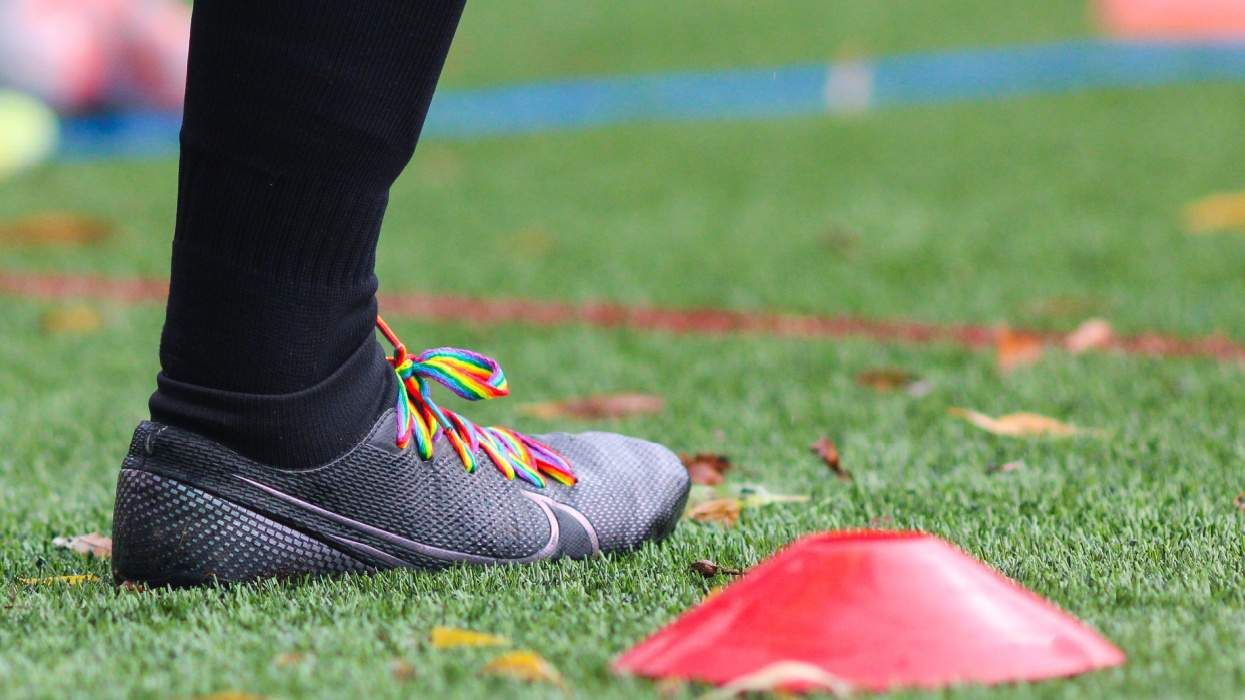For the past week, every time a new alert pops up on my phone, my heart sinks. Is this the one that will announce Russia has begun invading Ukraine? An invasion that seems all but imminent.
The foreboding maps showing nearly 200,000 Russian troops surrounding Ukraine are alarming. Last Friday, President Joe Biden announced that it's all but certain Russian President Vladimir Putin will invade the country. And U.S. intelligence believes Russian military leaders have already been given orders to start with the invasion. The question is, When will it begin?
Today, in a rambling and full-throated speech, Putin announced he is recognizing two breakaway regions in eastern Ukraine as independent entities. He also said that Western allies have warned strenuously against such a move. Experts say this makes an attack on Ukraine all but certain.
In his speech, Putin said that Ukraine has become a U.S. colony with a "puppet regime." And he said that Ukraine "squandered not only everything we gave them during the USSR but even everything they inherited from the Russian empire. Even the work created by Catherine the Great."
Earlier today, the U.S. sent a letter to the United Nations warning that Russia has created a "kill list" of Ukrainians to be attacked or detained if it invades the country. White House national security adviser Jake Sullivan said, "It will be a war waged by Russia on the Ukrainian people to repress them, to crush them, to harm them. And that is what we laid out in detail for the U.N."
\u201cThe National Security Advisor to President Biden, @jakejsullivan, joins us to discuss the Ukraine crisis.\u201d— TODAY (@TODAY) 1645446443
The list allegedly includes journalists, activists, ethnic and religious minorities, and LGBTQ+ Ukrainians.
The human rights abuses, should an invasion occur, will be nothing short of barbaric. This, coupled with the humanitarian crisis and invasion will set Ukraine's human rights' advances back decades and will include the unnecessary and brutal deaths of countless Ukrainians.
This spells doom for LGBTQ+ rights, on which progress has slowly started in Ukraine. Last September, over 7,000 people gathered in the capital city of Kyiv for the annual March for Equality, according to the Associated Press.
Ukraine repealed criminal liability for homosexuality in 1991, and in 2015 the country's labor laws were changed to ban discrimination against LGBTQ+ people in the workplace.
However, "Conservative groups in the largely Orthodox Christian country oppose LGBT rights and members of far-right organizations regularly attack groups and events linked to the LGBT community. LGBT rights groups say Ukrainian police often ignore homophobic or transphobic motives of the attacks, classifying them as hooliganism," the AP reports.
I reached out to Vira Chernygina, president of Sphere, a lesbian-feminist organization headquartered in the country's second-largest city of Kharkiv. It is one of Ukraine's most influential LGBTQ+ rights groups and is behind some of the country's largest LGBTQ-focused projects, including the Pride Hub Community Centre, Kharkiv Pride, and Women's Solidarity Weeks.
I asked Chernygina if she and the members of Sphere are worried about a Russian invasion, and if so, how are they preparing their members if an invasion occurs.
"Sphere is aware of a possible invasion and feels firsthand the emotional pressure imposed on Ukrainian society," she explained. "In particular, the current situation has an increased impact on vulnerable groups, including the LGBT+ community, for whom the situation of danger could be permanent."
Had Chernygina seen the U.S. letter to the United Nations about Russia's plan for human rights abuses if it invades, and specifically how that might affect the LGBTQ+ community?
"We do not possess enough expertise in military affairs and international relations, so we do not wish to predict any future events. Instead, we know what we can do to support the community and maintain peace in our region," Chernygina shared.
"Therefore, our team has decided to continue to do what we do best -- to hold educational, informational, and public events dedicated to equality, diversity, and human rights. And we will work as long as we possibly can."
In general, did Chernygina feel the citizens of Ukraine were worried about an invasion? Has the potential affected daily life in Ukraine?
"Currently, the rapid flow of pressuring information is significantly worsening the mental health and quality of life of people and communities around the country," she said.
I couldn't help but feel the anxiety in her answer. I asked Chernygina what message she would wish to send to the rest of the world about the current situation. How can someone who does not live in Ukraine help?
"We need support, but what we don't need right now is anyone inciting panic," she warned. "Panic destroys our strength to work productively. We ask the world to take concrete steps to put maximum pressure on Russia.
"Since our small country gave up nuclear weapons in exchange for territorial integrity and guarantees from European and other developed countries to protect us, we thought that when war came to us, the guarantor countries that signed the Budapest Memorandum would protect us. We hope that happens."
















